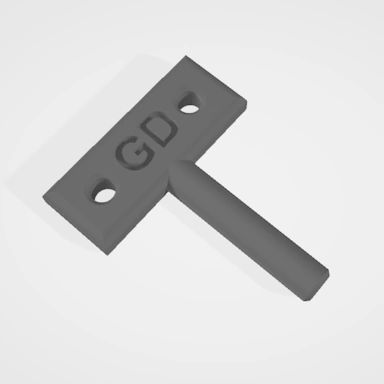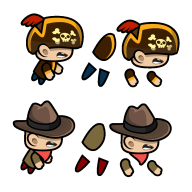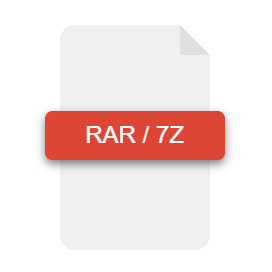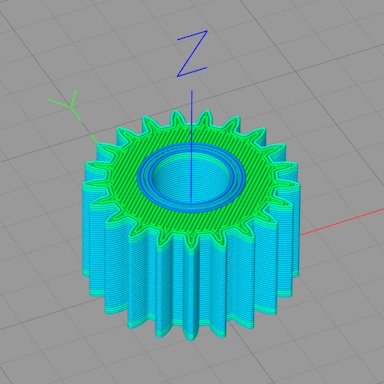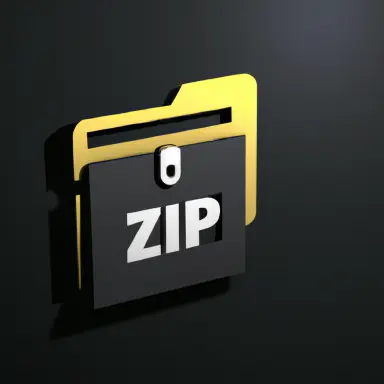| Extension | GIF |
| Full Name | Graphics Interchange Format |
| Type | Image |
| Mime Type | image/gif |
| Format | Binary |
| Opens With | Paint.Net |
GIF files have been around since the dawn of the internet and are a popular choice of format for storing images and animations. Images stored within a GIF file can be stored at low bits per pixel to reduce the size of the GIF file, leading to improved download speeds. Reducing the number of bits per pixel, if done correctly, can lead to no noticeable difference in image quality.
Along with static images, GIF files are also capable of storing short video or animation sequences. This capability has proved very popular, with animated GIFs being created and used on websites and social media. GIF files are also a popular format for storing and transmitting internet memes.
With newer and more capable formats such as PNG and WEBP taking over as the default standard for images and animations on the web, the GIF format is slowly declining in popularity. Support for GIF files within image editing software is still strong and will likely continue.
The STL, or Standard Triangle Language, file format has been around since the '80s and is supported by most modern 3D modeling applications. In particular, the STL format has become something of a standard format within the area of 3D printing, despite the rise of more modern formats such as 3MF.
STL files come in two flavors: binary or text format. The text format is human-readable, making it easy to perform manual edits, but can lead to very large file sizes. As you can imagine, the binary format is much more compact and represents the majority of the STL files you are likely to encounter.
The format itself is very simple; the 3D model is represented by a sequential list of triangles, with each triangle defined with 3 points consisting of their X, Y, and Z positions, along with an additional vector that contains the face normal (the direction the face is pointing). There is an additional attribute block for each triangle; however, this is largely unused and thus unsupported.




